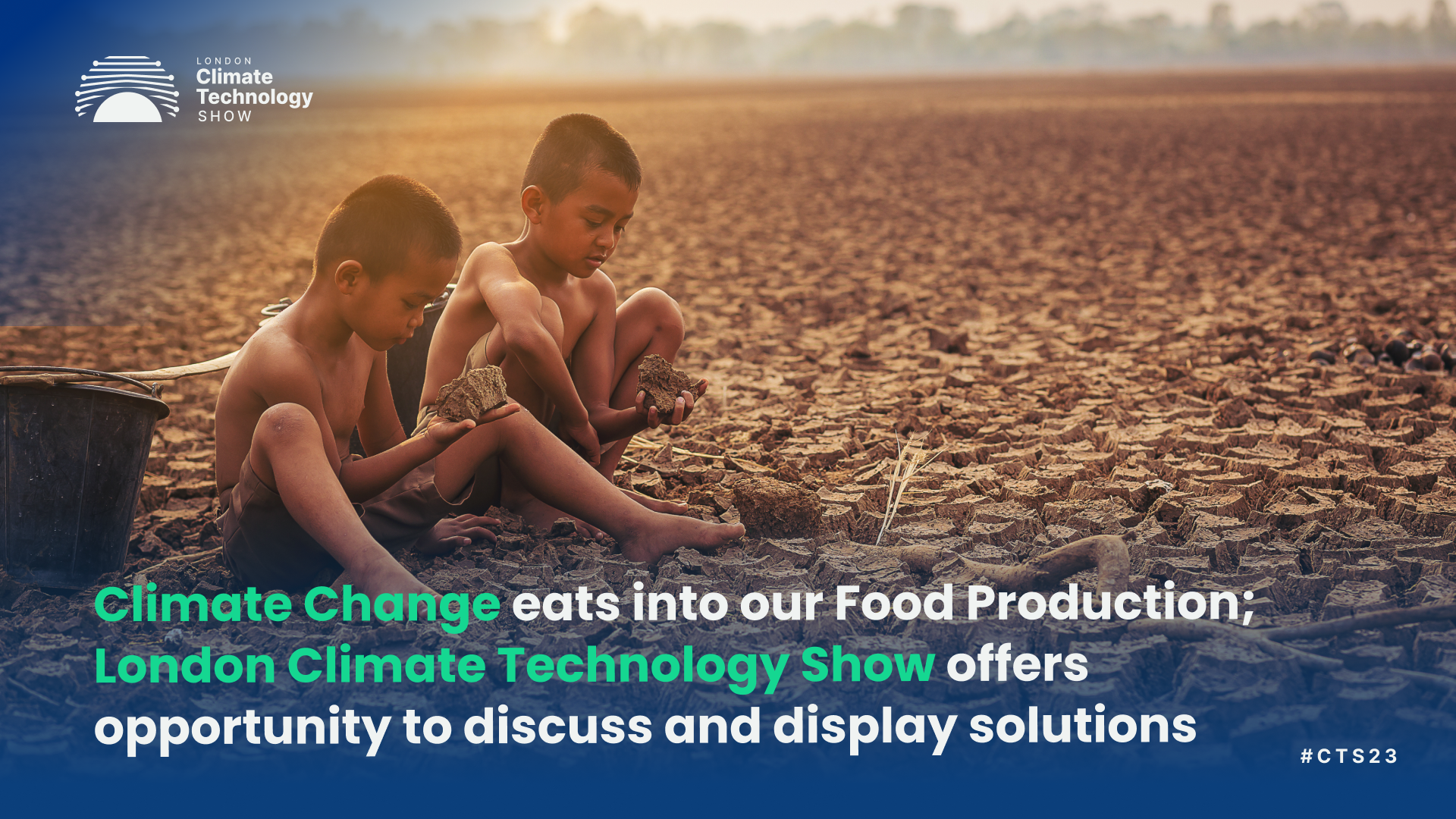The world population is set to reach 9 billion by 2050. To feed this enormous number, the food production is needed to increase accordingly. There is a need to produce about 50% more food by 2050 as per the UN Food and Agriculture Organization (FAO) estimation based on the current food system. As if this concern wasn’t burdensome enough that we are facing climatic tendencies that are creating an opposite effect.
Global warming! It is not a myth. In fact, the year 2023 is setting new records vis-à-vis earth temperature. The recent July 4 has already been designated as the hottest day ever in the history of record. The ramifications of such growing temperatures are far-reaching. The food is one among the areas where the impact is located. Scientists warn that even a slight increase in global temperatures could put one-third of the world's food supply at risk by the end of this century as most of the crops won’t be able to cope with the change. Research indicates that human-induced heating has already resulted to a shocking 21% decline in productivity since 1961.
As temperatures rise, the level of groundwater is depleting, rainfall patterns are changing, snowpacks which are a perennial source of irrigation are shrinking, floods and storms are rampant submerging huge swathes of farmland. As such safe climatic spaces, where the majority of the current crop production is taking place, are set to shrink drastically as suggested by different research reports. There is a possibility that the rising temperatures might result in increased food production in areas less productive than before, but it will fall short to compensate for the overall losses.
Urgent action is required to address the decline in farm production, but it is crucial that we implement remedial measures that do not exacerbate environmental degradation. The current practices used have resulted in deforestation of grazing land, loss of valuable topsoil, pollution from pesticides and the release of vast amounts of greenhouse gasses that contribute to global heating. Therefore, we must prioritize the implementation of sustainable solutions that promote both increased production and reduced environmental impact.
The London Climate Technology Show is one stop shop to let us reach that understanding. The show provides an opportunity to discuss the role of climate technologies in reversing climate change, particularly global warming, thereby lowering its impact on food production. With Agriculture & Land as one of the focus areas, the show will facilitate cutting edge showcase of next-gen technology and latest innovations and critical deliberations about policies and initiatives in the UK and beyond to promote sustainable agricultural practices and innovations in precision agricultural technologies.

